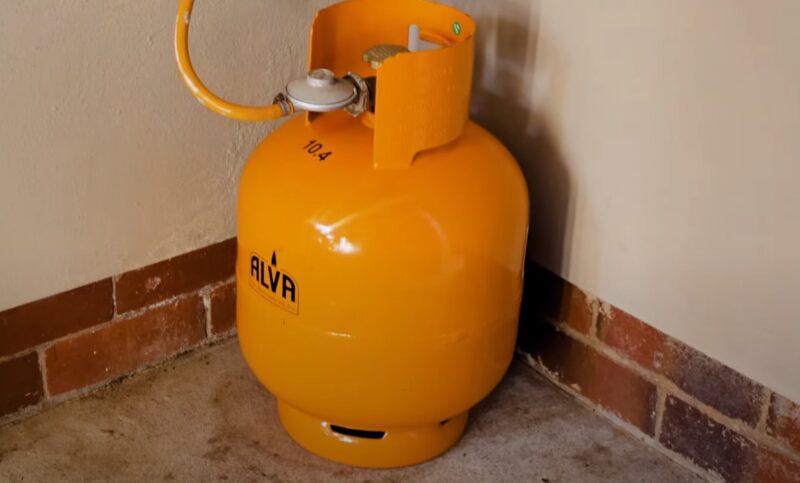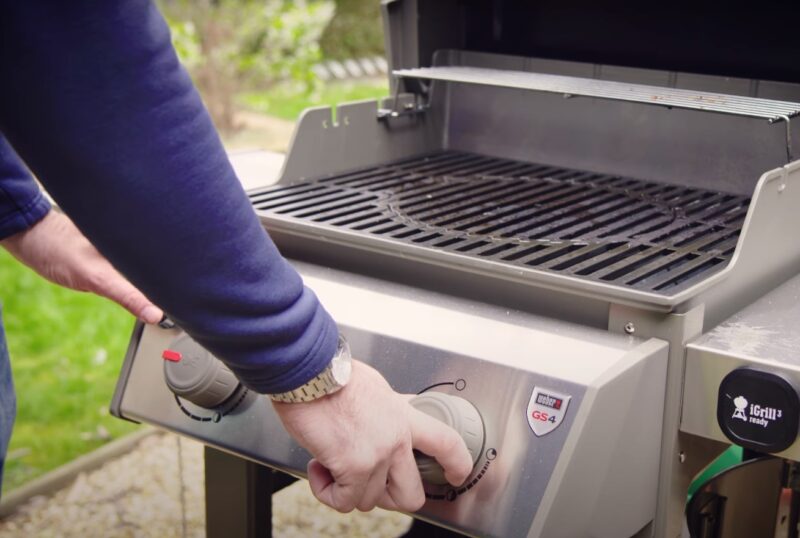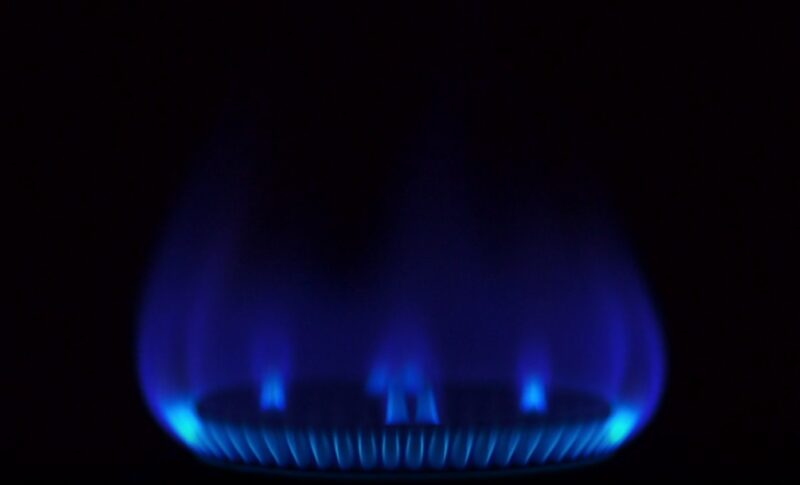You might wonder how to pick the best energy source for your home: propane or natural gas. Let me explain it in a simple way. Think of two kinds of invisible stuff that you can use to cook. One kind travels to your home in long pipes under the ground.
The other kind comes in big tanks that trucks deliver to you. That’s what natural gas and propane are like. Of course, there is much more to it, and today, I will walk you through the specifics. Let’s begin.
Key Highlights
The Basics
Natural Gas
Natural gas is a mix of gases from deep under the earth, with methane being its main component, about 70-90% of it.
Methane is like the flour in a cake recipe – it’s the primary ingredient. This gas travels through large pipes, like straws buried under the ground, directly into our homes.
Propane
Propane, on the other hand, is a special ingredient obtained while making or refining natural gas and oil.
It’s packed tightly into big bottles or tanks because it needs to be stored under pressure. Propane is like soda; it’s kept under pressure so it stays liquid, and when you open it, it turns into a gas.
Propane and natural gas have different sources and delivery methods. Propane is a byproduct of natural gas processing and crude oil refining, and it is stored as a liquid under pressure in tanks. Natural gas is extracted from underground deposits and transported through pipelines to homes and businesses.
Energy Efficiency: Which Packs More Punch?

Propane has about 2.5 times more energy than natural gas if you measure them by the cup (using a term called British Thermal Units or BTUs).
It’s like comparing a concentrated juice to a regular one; propane (the concentrated juice) offers more energy from the same volume.
How Are They Delivered to Your Home?
Propane is delivered in tanks by trucks, similar to how a water service might deliver water bottles to your home.
Natural gas, though, comes through pipelines that run continuously to your house, like water through your plumbing.
Which Is Greener?

Propane is known as a green fuel. If it escapes into the air, it doesn’t harm our atmosphere. Natural gas, which includes methane, can be more troublesome because methane is a strong greenhouse gas.
Safety and Storage: What Happens If They Leak?
- Leak Behavior: Propane is heavier than air, so if it leaks, it hugs the floor. Natural gas, being lighter, will rise towards the ceiling. Both gases are odorless and colorless naturally, but we add a smelly scent to them so you can tell if there’s a leak.
Availability and Convenience
- Refills vs. Continuous Supply: With propane, you might run out and need a refill, just like needing more cooking gas for a barbecue. Natural gas is always there when you turn it on, thanks to the underground pipelines.
Safety Considerations
- Where They Go If They Leak: In the safety department, leaks from propane will gather at floor level, which requires specific precautions. Natural gas leaks, conversely, will move upwards.
Detailed Comparison

Propane
- Composition: Propane (C₃H₈) is a byproduct of natural gas processing and petroleum refining.
- Storage: Requires pressurized tanks for storage.
- Efficiency: Offers more heat energy per volume than natural gas.
- Cost: Generally more expensive per unit but burns more efficiently.
- Environmental Impact: Produces fewer pollutants and has a smaller carbon footprint.
- Independence: Ideal for off-grid locations.
Natural Gas
- Composition: Mainly methane (CH₄) with other gas mixtures.
- Delivery: Through pipelines in its gaseous state.
- Availability: Continuous supply via connection to pipelines.
- Cost Effectiveness: Less expensive per unit but less efficient.
- Environmental Consideration: Contains methane, a potent greenhouse gas.
Cost Comparison and Efficiency

When comparing costs, remember that while propane might seem pricier upfront, it offers more bang for your buck in terms of energy output.
Your choice might also depend on where you live and the appliances you use.
Propane and natural gas have different costs and availability. The price of propane and natural gas depends on various factors, such as supply and demand, location, season, and taxes.
Switching Between the Two
Thinking about switching? You might need to upgrade appliances or make infrastructure changes, as devices designed for one may not work as efficiently with the other.
Which Is Better for Grilling?

For barbecue enthusiasts, propane grills heat up faster and can be more cost-efficient than their natural gas counterparts, offering high heat for that perfect sear.
Making a Choice for Your Home
Selecting between propane and natural gas for your home isn’t just about flipping a coin. Here are a few things to ponder:
- Location: Not all areas have access to natural gas pipelines, making propane the go-to choice for rural or remote homes.
- Appliance Compatibility: Some appliances work better or are only available for one type of gas.
- Cost: Budget plays a big role. While natural gas might be cheaper per unit, propane’s higher efficiency could offer more value in the long run.
- Environmental Impact: If reducing your carbon footprint is crucial, propane might edge out natural gas.
Propane for Off-Grid Living
For those dreaming of or living an off-grid lifestyle, propane offers a versatile and efficient energy source.
Since it can be delivered anywhere and stored easily, propane ensures you have energy for heating, cooking, and electricity generation, even in the most remote locations.
Natural Gas: The Urban Choice
In urban areas, the convenience of natural gas is unmatched. Its pipeline delivery system means you rarely, if ever, have to worry about running out.
Plus, it can be more cost-effective for running multiple appliances, from heating systems to stoves and dryers.
FAQs
Can I use propane appliances with natural gas?
No, appliances designed for propane often require modifications to safely use natural gas.
Is it safe to store propane tanks indoors?
No, propane tanks should be stored outdoors in well-ventilated areas to reduce the risk of gas accumulation and potential hazards.
How long does a propane tank last compared to natural gas supply?
A propane tank’s lifespan depends on usage rates, but natural gas offers a continuous supply without the need for replacement or refill.
Do propane and natural gas smell the same?
No, they have different odorants added to them, so leaks of each gas have distinct smells to aid in detection.
Can weather affect propane or natural gas delivery?
Yes, extreme weather can affect propane delivery due to road conditions, but natural gas supply through pipelines is typically unaffected.
Are there any rebates for switching to propane or natural gas?
Yes, some regions offer incentives or rebates for switching to these fuels or installing efficient appliances. Check with local providers for details.
The Bottom Line
Both fuels are cleaner compared to traditional oil, coal, or gasoline. They offer an environmentally friendlier option for heating and powering your home.
Choosing between propane and natural gas depends on your specific needs, preferences, and values. Whether it’s the convenience of natural gas or the efficiency and portability of propane, both have their place in providing energy solutions for our homes.
